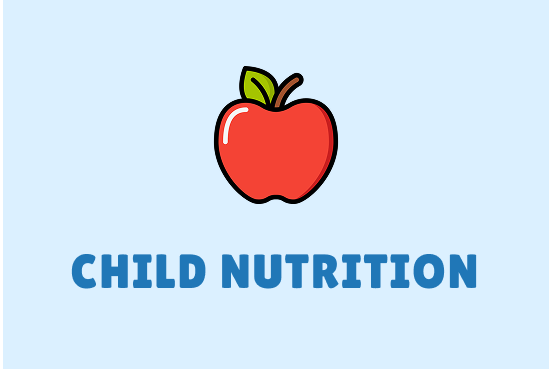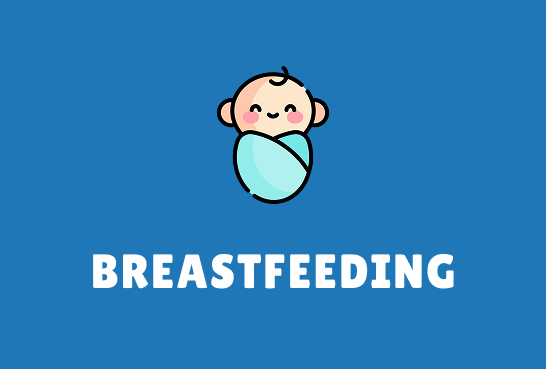AREAS OF FOCUS
Child Nutrition
Developing healthy eating habits and creating healthy environments for young children impacts their relationship with food for the rest of their lives. Eating a variety of nutritious foods helps children grow and develop.
4 AREAS OF FOCUS
Healthy Eating Habits Start Early
Food preferences and eating habits developed in early childhood can lay a strong foundation for lifelong health. Food preferences can begin forming even before birth. There are several key ways to help children from birth to age 5 establish healthy habits.
Support Breastfeeding
Breast milk is the perfect food for most babies.
As a baby grows, breast milk changes to meet the baby’s nutritional needs.
Breastfeeding provides many benefits to babies and families.
Moms need support from their child care programs to reach their breastfeeding goals.
Expose Children to a Variety of Foods
Children who are exposed to a variety of foods are more likely to become adventurous eaters. There are many ways to introduce new or unfamiliar foods, such as:
Reading books or showing pictures about different foods
Talking about how foods grow
Letting children help prepare foods in age-appropriate ways
Encouraging children to explore new foods on their plates by smelling, touching, or licking before tasting
These experiences help make trying new foods fun and less intimidating for children.
Role Model
Children often copy what they see others do. When caregivers model trying new foods, listening to their hunger cues, and practicing positive mealtime behaviors, children are more likely to follow their example.
Create a Positive Mealtime Environment: There are many ways to create a healthy and welcoming eating environment for the children in your care. This includes:
Practice Family-Style Dining – Children and adults sit together, healthy choices are offered at every meal, and caregivers respond to children’s hunger and fullness cues.
Avoid Using Food as Punishment or Reward – Foods and beverages should never be used to punish or reward behavior.
Don’t Force or Bribe Children to Eat – Forcing children to finish their plates can encourage eating when they’re not hungry and may cause negative feelings toward certain foods.
STANDARDS FOR NUTRITION - CDC
The high-impact obesity prevention standards (HIOPS) from the Centers for Disease Control and Prevention (CDC) include evidence-based practices for nutrition quality and mealtime practices. These standards can positively impact the health and wellness of young children in ECE settings.
Read More




